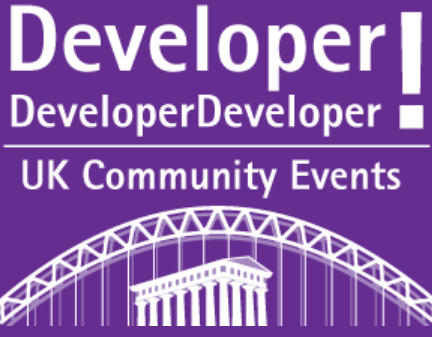Computer Science and the Hour of Code
/Sunday's paper had a big section on how important it is to learn to program. I agree. There was a lot of kerfuffle a few weeks ago when Lottie Dexter, a Conservative activist hired to manage a "Year of Code" initiative, admitted that she didn't know how to write software. Lots of people got very cross about that and they got even crosser when she went on to say that you can learn how to teach programming in a day or so.
Oh well. I think/hope that what she meant to say was that you can learn to do something useful/fun with a program and tell someone about it in one day. And I suppose that you don't need to be an active practitioner of a field to promote it. Nobody seems to expect the head of British Airways to be a qualified pilot.
You can watch the item on Newsnight here. For me the most unwholesome aspect of the whole interview is offhand manner of the interviewer, Jeremy Paxman, who gives the impression that learning how to instruct the machines that control our lives today is somehow beneath him and that's how it should be. Oh well again.
Of course if Lottie Dexter had said "Learning to program is very hard, takes ages, and you need an enormous brain to be able to be able to do it" she would have been in about the same amount of trouble. I reckon I've been learning to program for the last forty years or so, and I wouldn't put myself forward as that much of an expert. But I can get useful things done. And I know (mostly) which things are impossible to do with computers.
For me the important thing about the whole learning to program business is that if you have a go you know what you can and can't do with computers. You get a feel for what is possible and you are motivated to have a go. And maybe you'll like doing so much that you will decide to learn a bit more....
And with that I present "Rob's Things to Do if you want to learn about computers (or indeed science and technology in general)"
- Have a go. Go to the hour of code site and have a play.
- Don't expect to learn everything at once. One of my favourite tweets was from someone who said "It seems to have taken me around 20 years longer than I expected to become a good programmer". It won't take you 20 years to learn how to do be useful with a computer, but just like a great concert pianist is always finding new things in pieces of music and new ways to express them, programming has a lot of art in it and you are always discovering new ways to do things. But you can't ever say you've learned all there is to know about the subject. The good news though is that you don't have to.
- Have an aim in mind. Programming is all about making things. You can't just learn it in isolation, you have to be building something. Set out to make a silly game, a clever web page, a moving robot, a musical instrument or anything that you find fun and engaging. I'm presently trying to make some remote controlled table lights for a wedding. I've learned about a whole new branch of embedded technology and I'm still finding out new things. I'm having a great time. And I might even make some lights by the end of it.
- Find friends. Working together is much more fun. You can solve problems by just explaining them to each other. Join a group. Start a group. Look for STEM ambassadors in your area and find out what is going on.
- Keep it simple. Get something simple working and add things to it. Don't have a huge, complicated idea and then fail to make it work.
- Remember it is supposed to be fun. If you start to fret about whether you can make your thing work then take a step back, change what you do, or go and listen to music or play computer games for a while and then come back and try again.
I've no idea how my life would have turned out if my school hadn't pointed me at a teletype connected to a computer all those years ago. But I'm jolly glad they did. Perhaps you should take a look too.

